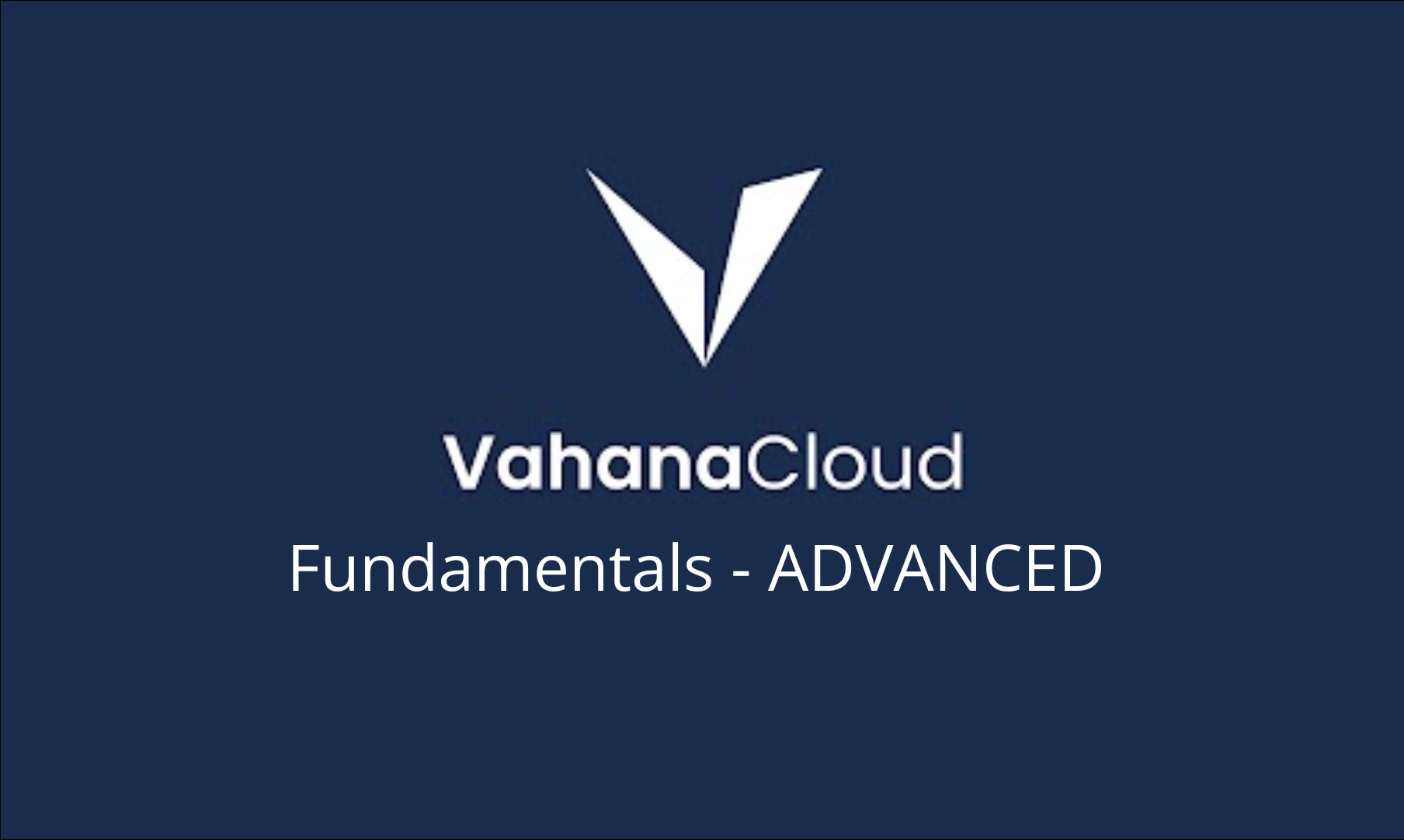
Vahana Cloud Fundamentals - Advanced
DecimalCourse Title
Vahana Cloud Fundamentals - Advanced
About This Course
Welcome to the Vahana Cloud Fundamental - Advanced course, offered by Decimal Technologies. This course provides a comprehensive introduction to the Vahana Cloud Platform, with a focus on the Low Code No Code (LCNC) paradigm.
The course begins with a basic understanding of LCNC platforms, exploring their history and distinguishing between low code and no code platforms. You will learn how LCNC platforms operate, with a particular emphasis on Vahana as a no-code platform. Comparisons between Vahana Cloud and traditional development methods will be made, highlighting key differences and advantages. Additionally, the course examines other market-leading LCNC platforms to provide a broader perspective.
Key topics covered include the limitations, features, and advantages of Vahana Cloud. You will gain a thorough understanding of how Vahana works and insights into the developer portal core modules. Each core module is explored in detail, covering an overview, features, benefits, FAQs, and an assessment to ensure comprehensive understanding.
By the end of this course, you will have a solid foundation in the Vahana Cloud Platform, equipped with the knowledge to leverage its capabilities for efficient and effective application development.
Target Audience
Anyone
Prerequisites
Basic Knowledge of Computer and Access to Internet
Course Highlights
Introduction
- What is the LCNC Platform?
- History of LCNC Platform
- Difference between Low Code and No Code Platforms
- How does Low Code No Code Platform works
- Vahana A No Code Platform
- Vahana Cloud vs Traditional Development
- Other Market Leading LCNC Platforms
- Limitation of Vahana Cloud
- Features of Vahana Cloud
- Advantage of Vahana Cloud
- How Vahana Works?
Developer Portal Core Modules
- vDesigner
- vFlow
- vConnect
- Release Manager
- Environment Manager
- Event Manager
- Schedule Jobs
- API Monitoring
- Vahana Hub
- Document Management System (DMS)
Application Operations Capabilities for IT Operations
- Overview of Application Operations
- Service Testing
- Force Logout
- User Management
Observability Capabilities for IT Operations
- Overview of Observability
- Developer Logs
- Scheduler
- Monitoring
- Event Logs
Analytics Capabilities for IT Operations
- Overview of Analytics
- Users and Devices
- Events
- Logs
Format
Delivery method: Self-paced
Types of materials included: text-based content, quizzes, infographics, and reference materials.
Assessment and Certification
Method of Assessment: Multiple Choice Questions
